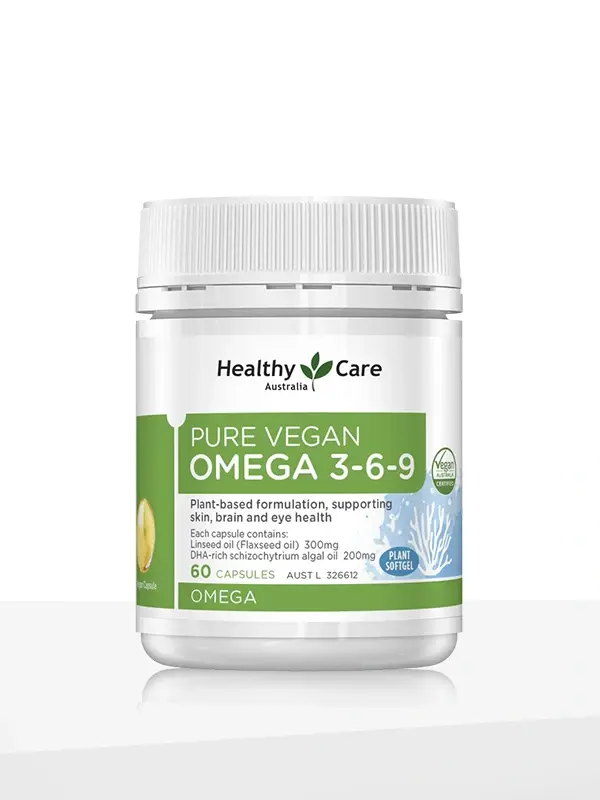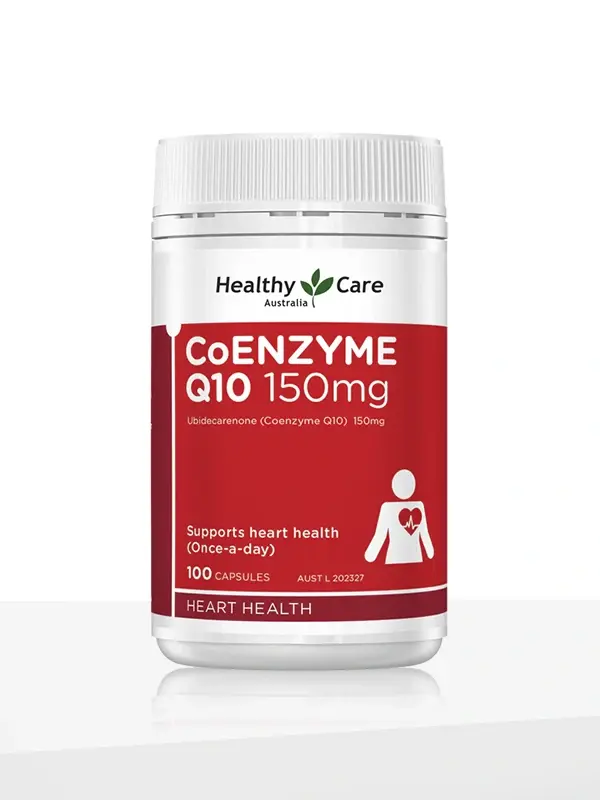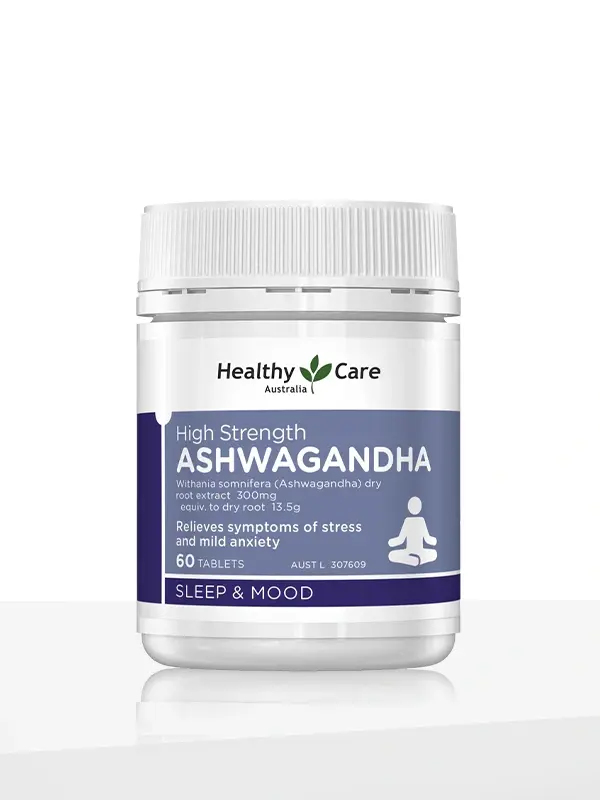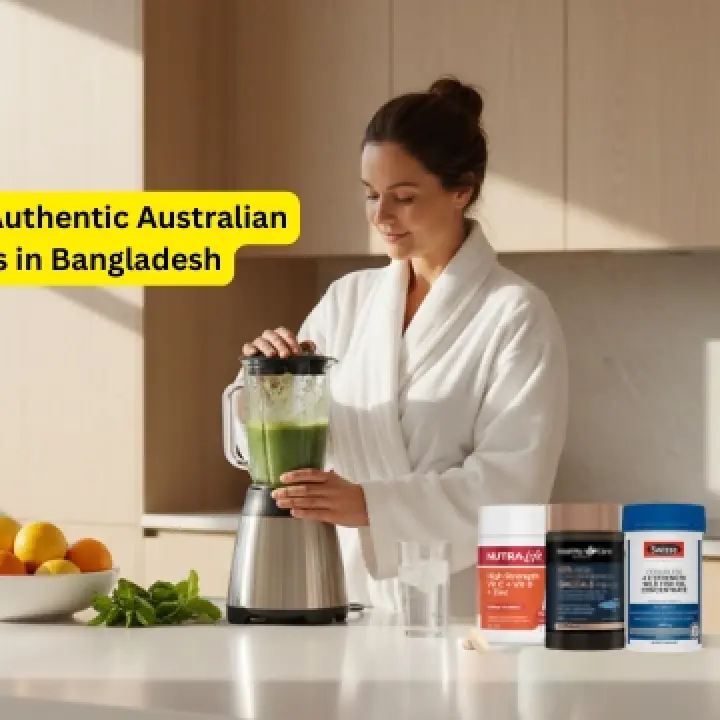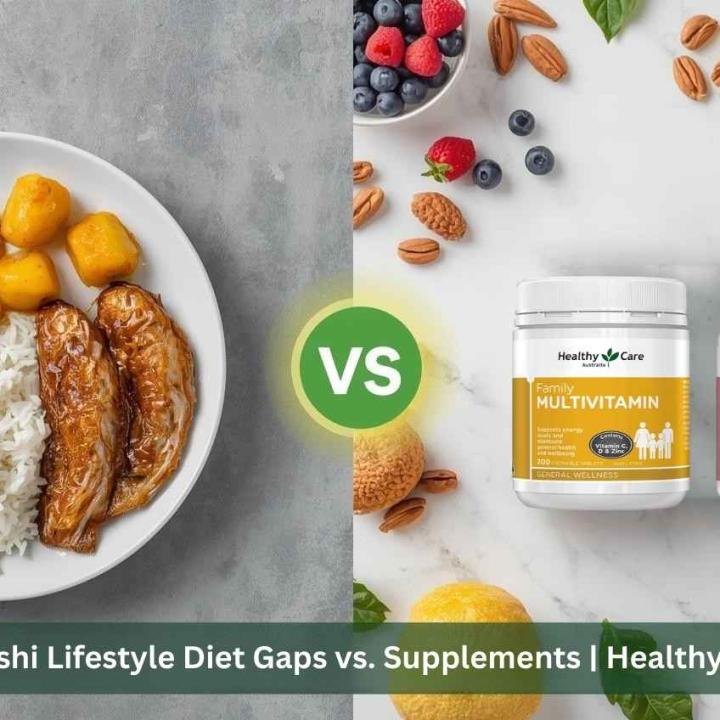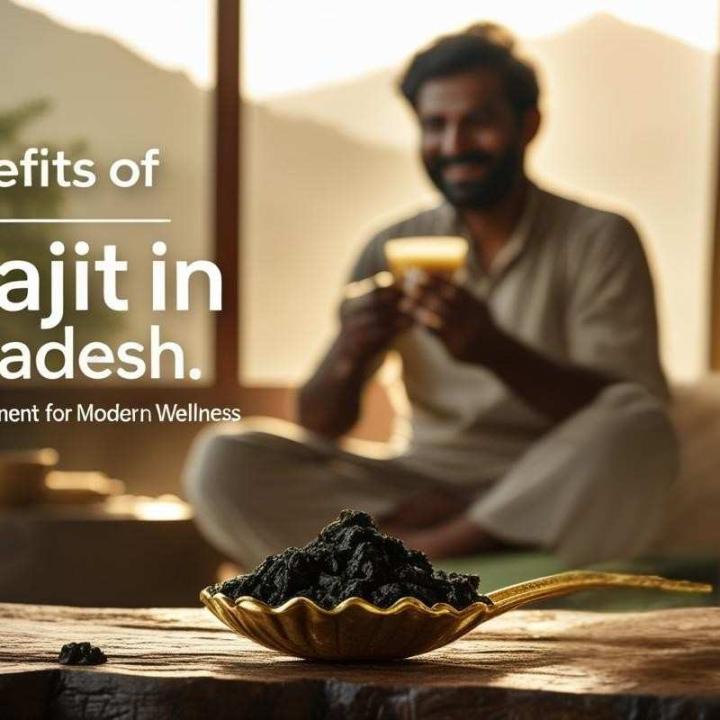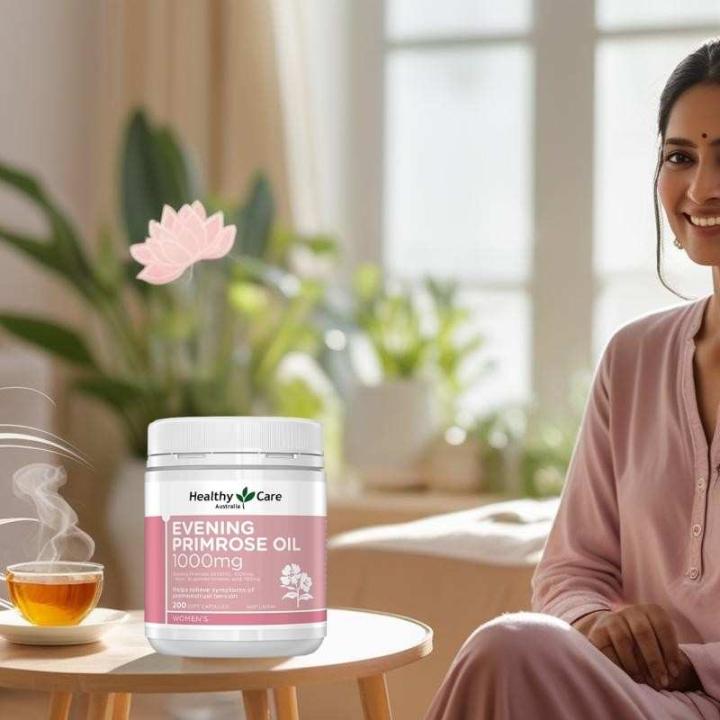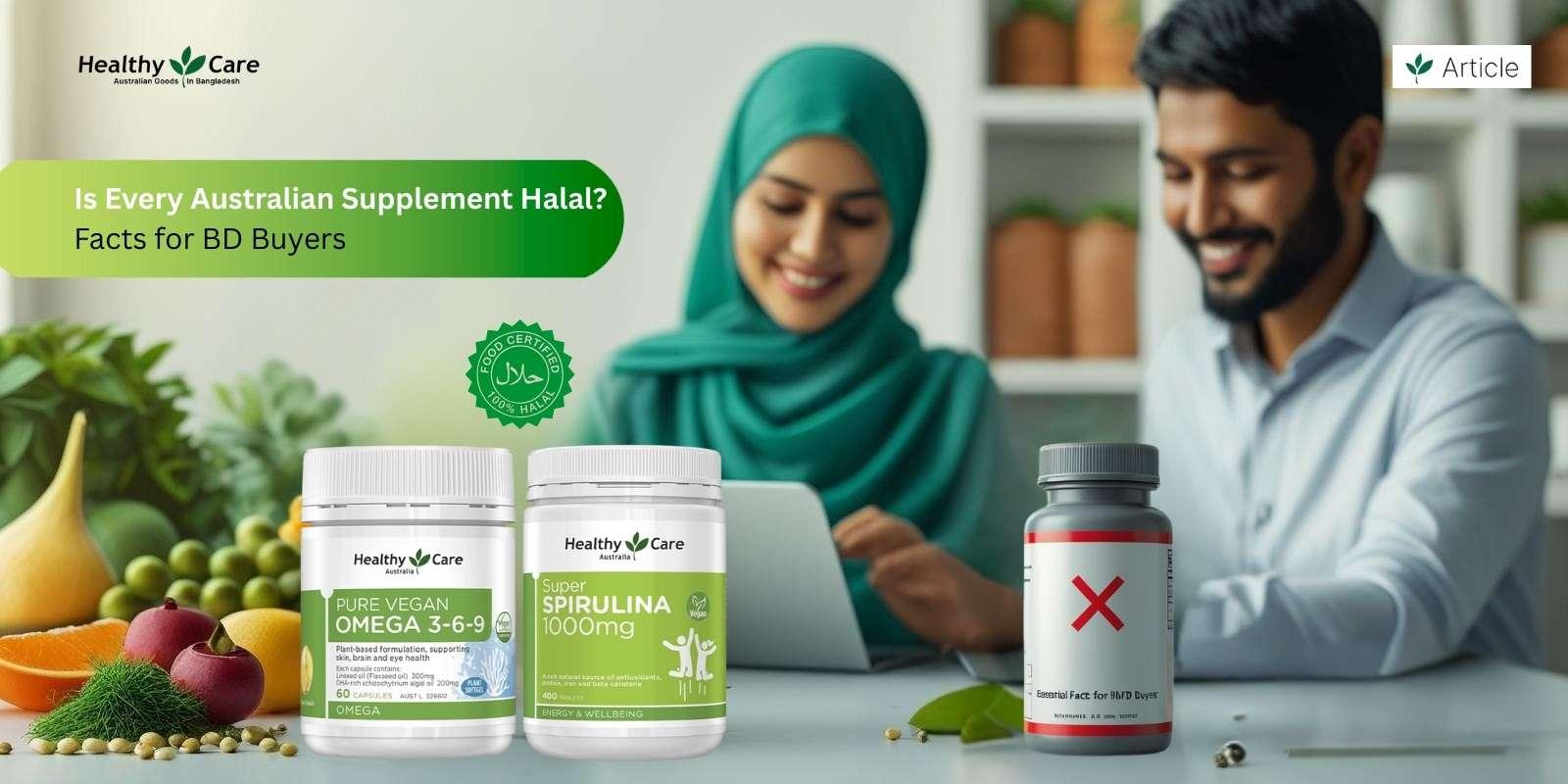
Is Every Australian Supplement Halal? Facts for BD Buyers
Written by: Farzana Rahman, MSc in Nutrition & Food Safety
Reviewed by: Dr. Md. Saifullah, MBBS, Clinical Nutrition Specialist
Introduction – Why Bangladeshi Buyers Ask This Question
Australia is one of the biggest exporters of health supplements, and brands like Healthy Care are popular in Bangladesh for their quality and trust. But for Muslim consumers, one concern comes first:
👉 Is every Australian supplement halal?
The short answer: No, not all supplements made in Australia are halal. Let’s break down the facts.
⚠️ Why Aren't All Australian Supplements Halal?
- 🐖 Gelatin capsules may be made from pork (haram).
- 🐄 Bovine collagen may come from non-halal slaughtered animals.
- 🍷 Alcohol-based extracts may be used in some herbal supplements.
- ❌ Some Australian products are TGA-certified for safety but not halal-certified.
💡 An Australian origin doesn’t automatically equal halal compliance.
🔎 How to Check If an Australian Supplement is Halal
- Certification Logos: Look for official halal logos (e.g., HCAA – Halal Certification Authority Australia).
- Capsule Type: Prefer vegan capsules (plant-based cellulose) or fish gelatin.
- Importer Sticker in BD: Verify halal approval & DGDA registration.
- Ingredients List: Watch for gelatin, alcohol, or hidden animal-derived ingredients.
- Brand Transparency: Trusted brands disclose halal compliance clearly.
⚖️ Australian Standards – TGA vs Halal
| Standard | What It Means | Covers Halal? |
|---|---|---|
| TGA (Therapeutic Goods Administration) | Ensures supplement safety, quality & clinical efficacy | ❌ No, only scientific safety |
| Halal Certification (HCAA, ISA) | Ensures product is free from haram ingredients & processed under Islamic rules | ✅ Yes, covers halal requirements |
💡 Best Choice for BD Consumers: Supplements that are both TGA-approved and halal certified.
Healthy Care – Australian Supplements That Are Halal-Friendly
Healthy Care Pure Vegan Omega 3-6-9 – 60 Capsules
- 🌱 Derived from algae oil (not fish).
- 💖 Supports heart, brain, and skin health.
- ✅ Vegan, halal-safe, TGA certified.
Healthy Care Coenzyme Q10 150mg – 100 Capsules
- ⚡ Boosts energy & cardiovascular health.
- ✅ Plant-based, halal-friendly, TGA approved.
Healthy Care High Strength Ashwagandha – 60 Tablets
- 🌿 Reduces stress & improves focus naturally.
- ✅ Herbal, halal-friendly, TGA tested.
Healthy Care Beauty Collagen – 60 Tablets
- 💎 Enhances skin elasticity & hair strength.
- ✅ TGA certified, halal-safe.
FAQs – Australian Supplements & Halal Compliance
❓ Is every Australian supplement halal?
No. Many contain pork/bovine gelatin or alcohol-based extracts. Always check halal certification.
❓ Are TGA-certified supplements always halal?
No. TGA ensures safety & quality, not halal status.
❓ Which Australian brands are trusted for halal in Bangladesh?
Healthy Care Australia offers halal-friendly, TGA-approved supplements officially available in BD.
❓ Can vegans in BD trust Australian supplements?
Yes, vegan-certified options like Healthy Care Pure Vegan Omega 3-6-9 are both halal-safe & eco-friendly.
✅ Conclusion – Halal + TGA = Full Trust
For Bangladeshi consumers, not every Australian supplement is halal. Some may be safe scientifically (TGA approved) but not faith-compliant.
- Always check halal logos & importer stickers.
- Choose TGA-certified + halal-friendly brands like Healthy Care.
- Buy only from official platforms like HealthyCare.com.bd.
🌱 With Healthy Care Australia, you can enjoy supplements that are halal, safe, and Australian certified — a perfect fit for Bangladesh.
📖 Related Blogs
⚠️ Disclaimer
This blog is for informational purposes only. Always check halal and TGA certifications before purchase. Consult a healthcare provider before starting new supplements, especially if you are pregnant, breastfeeding, or managing medical conditions.

